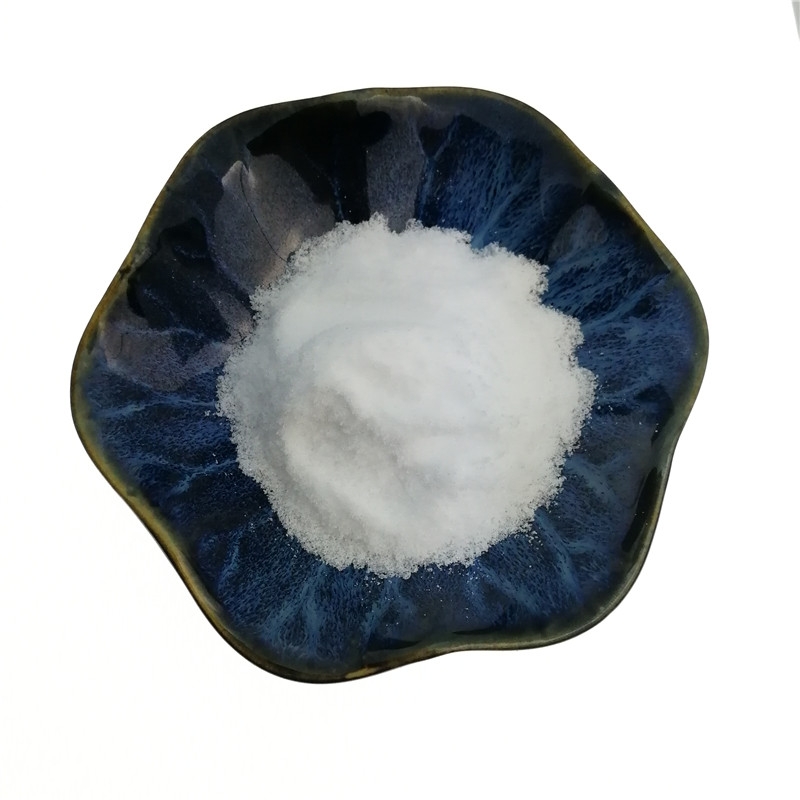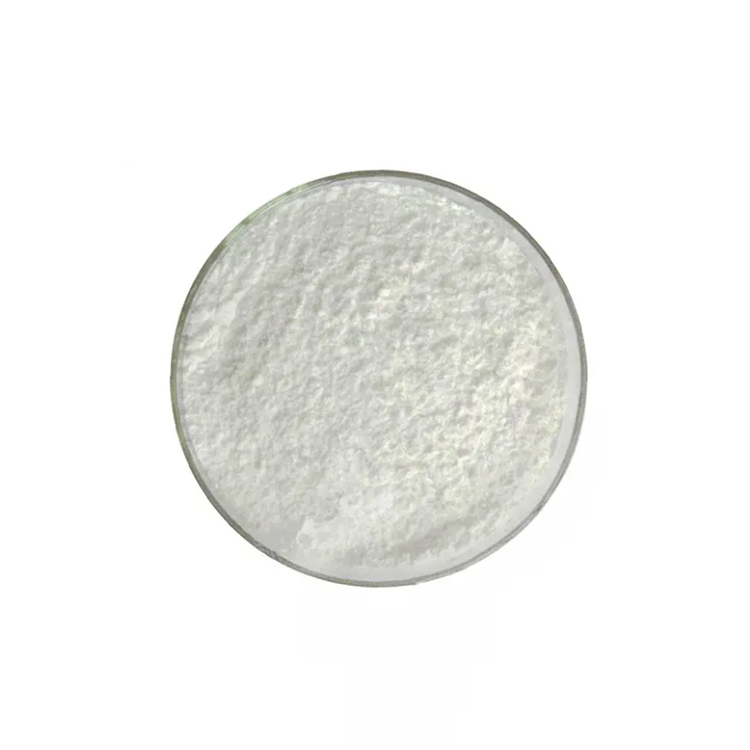-
Categories
-
Pharmaceutical Intermediates
-
Active Pharmaceutical Ingredients
-
Food Additives
- Industrial Coatings
- Agrochemicals
- Dyes and Pigments
- Surfactant
- Flavors and Fragrances
- Chemical Reagents
- Catalyst and Auxiliary
- Natural Products
- Inorganic Chemistry
-
Organic Chemistry
-
Biochemical Engineering
- Analytical Chemistry
- Cosmetic Ingredient
-
Pharmaceutical Intermediates
Promotion
ECHEMI Mall
Wholesale
Weekly Price
Exhibition
News
-
Trade Service
The findings were published in the Journal of Cancer Immunotherapy
Prostate cancer is the most common cancer in men worldwide
The researchers hypothesized that a particular type of white blood cell—regulatory T cells, or Tregs—may suppress the immune system's ability to recognize and attack prostate cancer cells (and some other types)
However, it has also been suggested that certain types of cancer cells can trick Tregs into thinking they shouldn't be attacked either
Activation (more formally, expression) of the gene that controls the production of Forkhead box protein 3 (FOXP3) is necessary for the production of Tregs
Transcription works a bit like a boss memo telling an employee to start a job, and transcription factors control whether to increase or decrease the process of transcription—in other words, whether to increase or decrease protein production
So if doctors can figure out a way to reduce the production of Tregs by regulating their production, perhaps this could be used as an immunotherapy for patients with advanced prostate cancer
The challenge here is that there is still much speculation, as the exact role of tregs and the therapeutic potential of their depletion in prostate cancer remains unknown
Complicating this challenge is that much of what we know here comes from studies and trials involving mice
"Thankfully, 'man's best friend' is here to save us again," said Assistant Professor Shingo Maeda, the paper's lead investigator and a veterinary clinical pathologist at the University of Tokyo
"The prostate in dogs shares many similarities with humans," he added
Therefore, the researchers wondered whether prostate cancer that occurs naturally in pet dogs could serve as a bridge between trials in mice and human patients
So the researchers did two things with dogs with native prostate cancer: first, to study the molecular mechanisms of Treg infiltration, and second, to examine the effects of anti-Treg therapy
For the first part of the study, the researchers used immunohistochemistry to assess tumor-infiltrating Tregs in dogs and humans and then compared them
Using this information, the researchers then conducted a preclinical trial of mogarizumab in dogs
Having demonstrated the use of dogs as a model for advanced prostate cancer studies, the researchers now hope to conduct clinical trials and continue studies of anti-ccr4 antibody drugs in human patients
.







